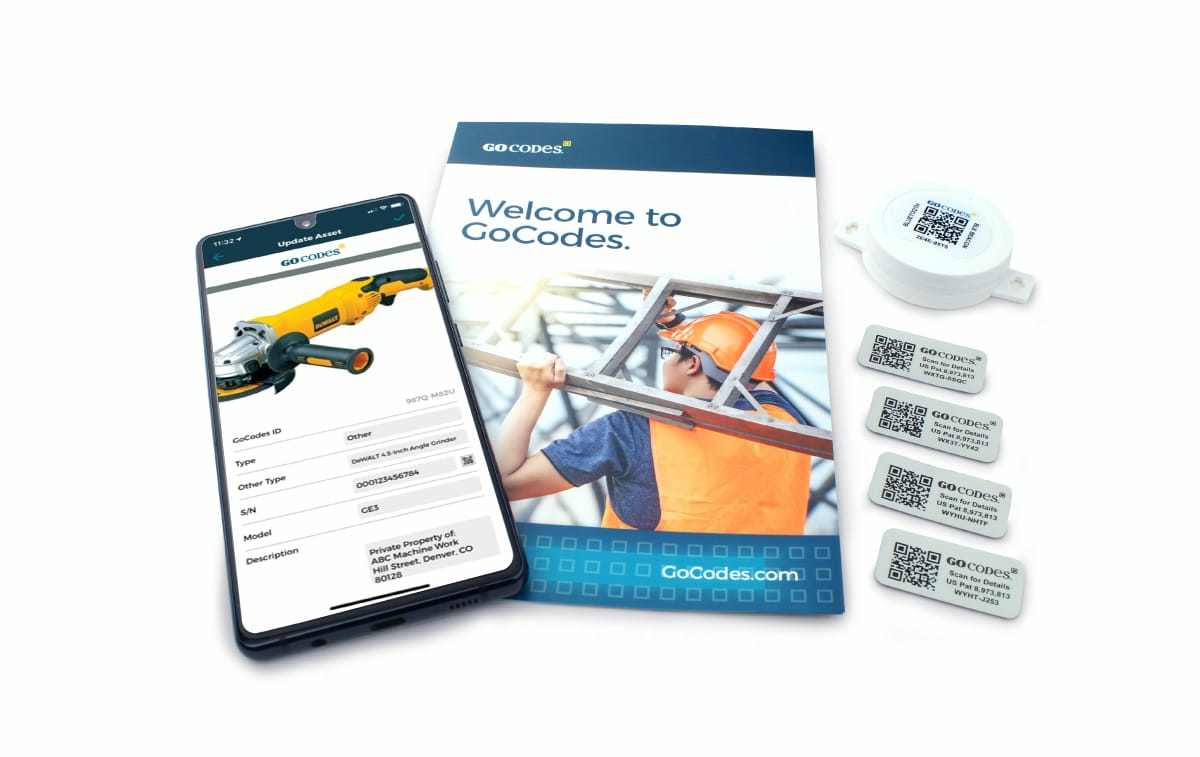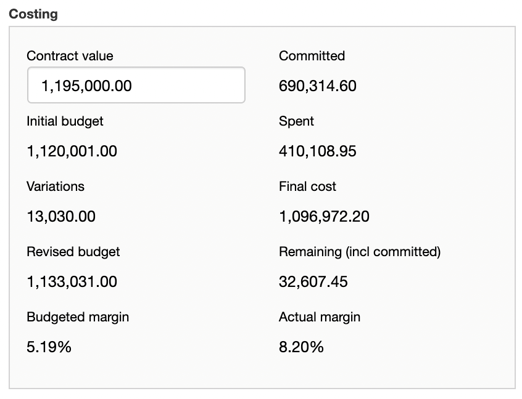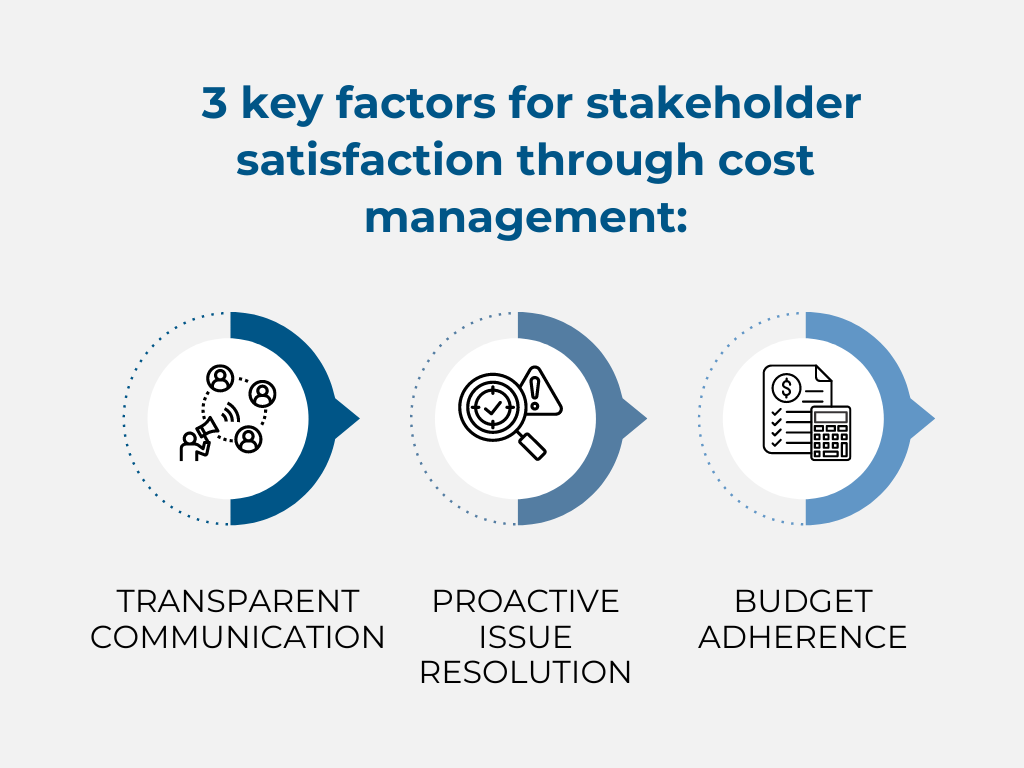Efficient cost management in construction is essential if you want to maintain financial stability and ensure the success of your projects.
It involves handling construction expenses—from estimating costs and setting budgets to vigilant cost control throughout the project’s duration.
Today, we will discuss how important cost management is for construction and how it can help you ensure your projects are completed within budgets and without eating into your bottom line.
So, pay close attention and let’s dive in.
In this article...
Assessing Project Feasibility
Understanding the intricacies of cost management in construction is fundamental even before the materials are procured and the first brick is laid.
At the core of this lies cost estimation, a pivotal aspect that precedes any effective cost management strategy.
The rationale is simple: you cannot manage construction project costs without first accurately estimating them.
In particular, cost estimation takes center stage during the preconstruction phase, where assessments are made to evaluate the project’s viability.
Feasibility studies that are integral to this process entail cost estimation to evaluate the proposed project against available funds.
The study shows whether the project aligns with the client’s financial capabilities.
In addition, a thorough analysis of its potential return on investment, which is also included in the feasibility studies, shows how profitable the project will be.
Saady Chona, an experienced quantity surveyor, also points out that feasibility studies are the basis for scrutinizing the project’s pros and cons before significant investments are made.
In other words, feasibility studies are instrumental not only for estimating costs and whether the project is viable but also for identifying potential risks, issues, or drawbacks that may arise during the construction process.
These identified risks become invaluable for crafting a comprehensive cost management strategy.
On the other hand, failures to conduct a thorough feasibility study, accounting for technological, economic, legal, organizational, and scheduling considerations (the TELOS formula), can lead to significant oversights during project execution.
A notable example is the Three Gorges Dam project in China.
Although this dam operates today, the project faced significant issues during construction.
Initially budgeted at $8.35 billion in 1992, the project’s costs ballooned to $37 billion by its completion in 2006 due to unforeseen factors, primarily attributed to flaws in the feasibility study.
For instance, cost managers and quantity surveyors overseeing the study didn’t include the impact of inflation, which is one of the most essential cost-related factors.

Moreover, a significant misstep in the Three Gorges Dam project was evident in the feasibility study’s handling of its most challenging impact—the resettlement of more than a million people who inhabited the area.
This impact was evaluated based on a visit to China lasting less than two months, a duration deemed insufficient given the magnitude of the consequences.
Resettlement was, in fact, one of the most costly aspects of the project.
This misjudgment underscores the importance of conducting feasibility studies for extended periods, especially for projects of such magnitude.
A case in point is the ongoing feasibility study for a high-speed railway line connecting the capitals of Poland, the Czech Republic, Slovakia, and Hungary.
This comprehensive study is anticipated to span 24 months.
The information gathered during this study will ultimately show whether the project is feasible and eligible for funding from the European Union, considering all legal, organizational, and scheduling factors.
As you can see, efficient cost management begins way before you start executing your projects and tracking costs.
It is through these feasibility studies that you learn how much of a budget you will need, what risks there are, and whether or not it would be wise to take on a project in the first place.
Preventing the Project from Eating Into the Bottom Line
The primary goal of cost management is to ensure that construction projects stay within budget, safeguarding the company’s financial well-being.
Without vigilant cost management, the specter of budget overruns looms large, as stated by a contractor on Reddit who warns that it is the construction company that ultimately bears the brunt of these unforeseen expenses.

Budget overruns can stem from various factors, including delays, bad weather conditions, fluctuations in material prices, reliance on inaccurate estimates, over-optimism, underbidding, and many more.
It all boils down to what Kent Aldershof, former president of Management Strategies Inc., wisely notes:
“Highly effective and skilled management can cope with some of these, and minimize delays or cost overruns. Poor management can make small problems become much worse.”
Foresight and preparation, as Aldershof goes on to explain, play a crucial role in averting or minimizing certain issues.
The importance of cost management lies precisely in anticipating and preparing for potential challenges to ensure a construction project steers clear of budget overruns.
Consider a seemingly straightforward construction project with well-defined timelines and cost estimates.
However, unexpected heavy rainfall during the excavation phase causes delays, leading to increased labor costs, extended equipment rentals, and additional expenses for project supervision.
Here’s where the importance of foresight and preparation becomes evident.
A comprehensive risk analysis during the project planning phase could have identified weather-related delays as a potential risk.
In response, the project management team could have incorporated contingency plans into the budget, allocating funds to cover extra labor costs and prolonged equipment rentals in case of weather-related setbacks.
Neglecting cost management and lacking contingency for unforeseen delays can lead to budget overruns, impacting the company’s financial health.
However, poor cost management leads to even more severe repercussions.
Take, for instance, Carillion, formerly the UK’s second-largest construction firm and a significant supplier to the UK public sector.
Today, Carillion no longer exists.
Carillion’s demise in 2018 was primarily due to poor cost management practices, such as:
- delaying supplier payments,
- exploiting financial schemes,
- and pursuing an unsustainable business model with reckless expansion.
Of course, such poor financial management led to nothing less than a liquidation.
To conclude, the strategic foresight and detailed preparation embedded in effective cost management not only prevent budget overruns but also safeguard the financial well-being of construction companies.
This alone should be the reason to dedicate time and resources to cost management in your construction company.
Ensuring Enough Resources for Work
Cost management aids with another essential aspect of a project’s success and staying within defined schedules and budgets.
It helps you ensure a sufficient supply of vital resources—be it labor, materials, or equipment.
But how does cost management achieve this feat?
Firstly, cost management starts with precise cost estimation and accurate financial planning.
When you have this sorted, you can precisely allocate funds for just the right amount of materials, equipment and labor, to prevent resource shortages and enable the project to progress without interruptions.
There are some technology solutions that can help you with this aspect of cost management.
For instance, you can use building information modeling (BIM) tools to aid you in material takeoffs—quantifying the required materials for a project—directly from the models.
This can help you accurately quantify all the materials you need for your project, and then you can allocate exact costs more precisely.
But there are more tools that can help you manage costs.
One of them is equipment management software, such as our GoCodes Asset Tracking.
With our user-friendly app and QR codes you add to all your assets, GoCodes Asset Tracking enables near-real-time tracking of your equipment and materials.

This means you always know where your equipment is—and in which condition—ensuring your teams have all the tools they need.
Again, this saves time and prevents delays.
The direct impact on cost management is also evident: a centralized overview of assets allows you to foresee replacements or schedule maintenance, preventing unforeseen expenses.
In essence, when costs are meticulously planned and supported by appropriate software tools, a consistent resource flow is ensured, leading to the timely and budget-friendly completion of construction projects—which is the fundamental objective of cost management.
Enabling Better Decision-Making
Accurate and timely cost information is indispensable in construction projects, serving as the cornerstone of informed decision-making.
Let’s explain how this holds true.
Firstly, consider the project scope.
Efficient cost management ensures seamless resource allocation, enabling the flawless execution of the project scope.
Moreover, if your client decides to incorporate a patio into a house that is not initially part of the plan, cost management becomes instrumental in your decision-making.
How? Through cost assessment, you can determine if ample budget remains to add the patio without causing financial strain.
In simpler terms, cost management acts as your financial guide, ensuring that any project modifications align with your predetermined budget.
A vital aspect of effective cost management is cost control.
During project execution, regular cost monitoring and cost control enable comparing planned versus actual costs.

And this matters because, if you detect deviations from your budget, you can make timely decisions to realign it.
However, manual cost tracking can be burdensome and prone to errors.
This is where project management software helps.
These tools streamline cost tracking and provide real-time updates on planned versus realized costs.
This, undoubtedly, enhances your decision-making capabilities.
With instant access to up-to-date cost data, you can make informed decisions on the fly.
For instance, monitoring costs might reveal that the foundation’s material expenses exceed initial estimates.
Armed with this insight, you can:
- explore alternative materials,
- negotiate better rates with suppliers,
- or adjust budget allocation from another project phase.
As evident, precise and regular planning, budgeting, and cost monitoring, facilitated by advanced project management software, contribute to your informed decision-making throughout all stages of project planning and execution.
Ensuring Stakeholder Satisfaction
And last but not least, it’s essential to prioritize cost management to guarantee satisfaction among clients and other stakeholders involved in construction projects.
By effectively managing costs, you can meet their expectations and needs, ultimately leading to greater overall satisfaction with the project outcomes.
Simply put, keeping a close eye on the money is essential for everyone involved in a construction project to be content.
Cost management not only helps you stick to the budget but also fosters open communication and transparency with stakeholders.
Transparent cost reporting builds trust, ensuring stakeholders are well-informed about financial aspects and reducing the likelihood of surprises.
Moreover, effective cost management allows for identifying potential issues before they escalate.
By addressing budgetary concerns promptly, you can prevent dissatisfaction and demonstrate that you are committed to resolving issues in a timely manner.

If that’s not the case and budgets go off track, this creates financial issues, strains relationships, destroys reputation, and can lead to legal problems.
A cautionary tale comes from Foster and Partners and their design for a hotel at Heathrow Airport.
Initially, the client had a budget of £70 million. As the project progressed, the costs surged to an astonishing £195 million.
To salvage the situation, the client reluctantly agreed to raise the budget to £100 million, trusting that the architects could find ways to cut costs through value engineering, as they promised.
Unfortunately, the plan didn’t pan out.
The client ended up suing Foster and Partners for breaching the contract, which led Foster and Partners to pay £3.6 million in fees to the client. It really did eat into their bottom line!
This real-life example underscores why managing costs is so important.
And yes, with proper cost management, such situations can be completely avoided.
What’s more, proper cost management will help you leave a legacy of successful projects and satisfied stakeholders.
Conclusion
As you can see, cost management carries significant importance for construction projects.
It is essential for assessing the feasibility and viability of prospective projects and ensuring the availability of both monetary and other resources for the seamless progression of your projects.
When these aspects align, stakeholders are content, and projects proceed as planned.
Ultimately, with the help of cost management, you ensure that all your projects are completed without any budget overruns or affecting your bottom line.
We firmly believe that these benefits justify investing more time and resources to improve cost management practices within your company!







